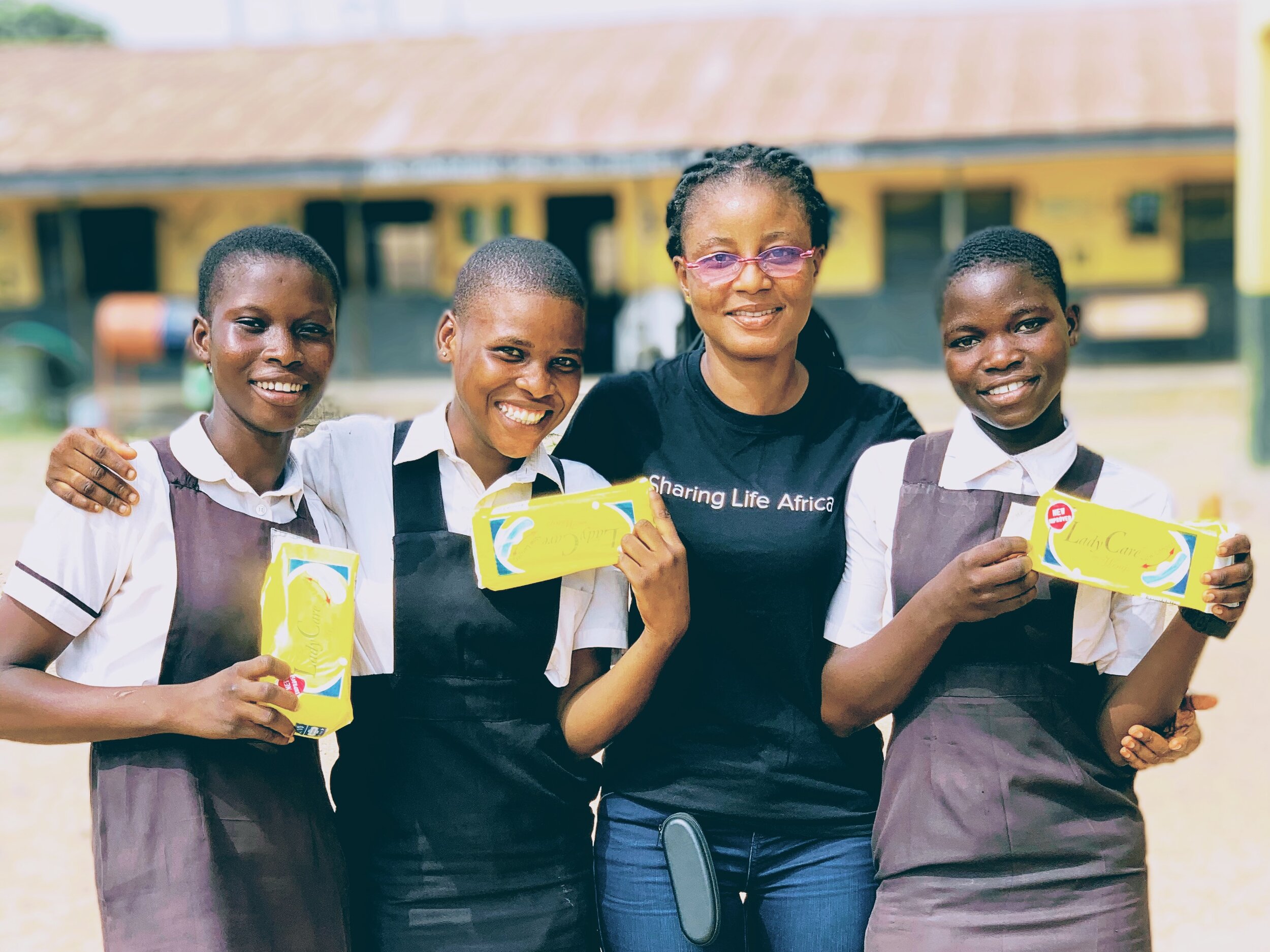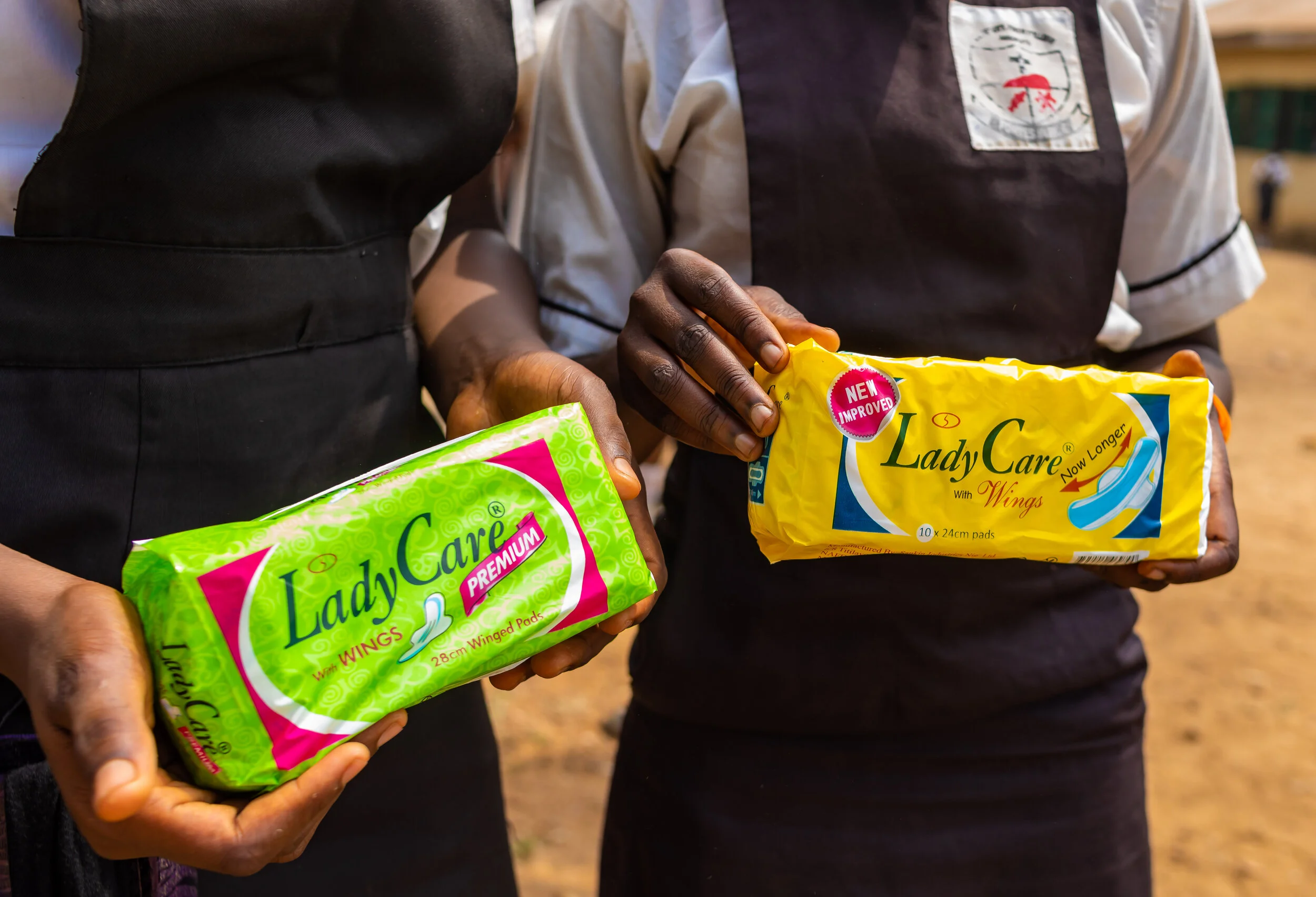Period: Experiences surrounding the Misconception, Myth and Stigma for Girls
When I was growing up as a child, there was a culture of silence around the topic of menstruation. How we felt or how it affected our daily lives was never truly discussed. So, as teenage girls, we would feel embarrassed when others discovered we were menstruating. We were constantly looking behind us “to check”. Every girl in secondary school had a designated sweater in their bag to hide the stain, just in case her period came when she was unprepared for it. It was socially scarring for menstrual fluid to be seen by someone. Even worse, asking to borrow pad felt like such a sinful request.
Trips to the supermarket to purchase pads weren’t comfortable either, especially when guys were present in the store. It felt embarrassing to have them stare at me weirdly and know I am on my period. This also played back to my experience in the school setting. I never enjoyed studying biology in school or sex education with the boys in the class. I just couldn’t fathom why they needed to be knowledgeable about what goes on in a girl’s body. This is a common perception for most people, menstruation is seen as “a girl’s thing”.
Tosin, Sharing Life Africa program officer, with 3 teenage beneficiaries
The past week was Menstrual Awareness week and I reflected on the issue of menstruation, the stigma attached to it for females, and the ignorance and misconception around this topic. As I reflect on my experiences, I can say I have also had my own fair share of ignorance about a natural phenomenon that concerns my body.
Recently, I found myself sleeping off all through the day, in addition to the feeling of being cranky, tired and nauseous. And it was only recently I learned about period fatigue! You would have thought I knew better as an adult, but awareness of menstrual health is a journey, and in many places in Africa, awareness is still very low. One vivid piece of advice I remember when I began menstruating was: don’t have sex, don’t go near boys, don’t allow them to touch you, if they do you will get pregnant. That’s the entire summary of the menstrual/sex education I got. Funny isn't it?!
Now when I think of all these experiences and how much it affects our lives, it makes me appreciate the strength of a woman. The way menstruation is perceived and handled infringes on a girl’s right to education, dignity, freedom, sanitation, and health. I am glad that today I know better, that I am confident about my sexuality, and I am more accepting of the changes that go on in my body.
Teenage beneficiaries of our Menstrual Hygiene Programme in Abeokuta
However, many other girls have faced worse experiences, especially with the inability to properly manage their periods through the lack of WASH facilities in their environment and an inability to purchase sanitary pads. This problem is compounded by the stigma and misconception faced by girls in low-income communities, which is heavily shrouded by cultural and social stereotypes.
Today, I am excited to contribute directly to demystifying the myth and taboo around menstruation in low-income communities in Nigeria. We must break the culture of silence around conversation surrounding menstrual health, and at Sharing Life Africa we are doing this by engaging and involving parents, teachers and girls in our advocacy. We have also partnered with the Union Bank of Nigeria, providing sustained and consistent access to menstrual resources for over 200 girls in public schools in Abeokuta, Nigeria.
A world without period poverty and stigma is possible. To achieve this, we must continue sparking conversations and investing in Menstrual Health and Hygiene!



